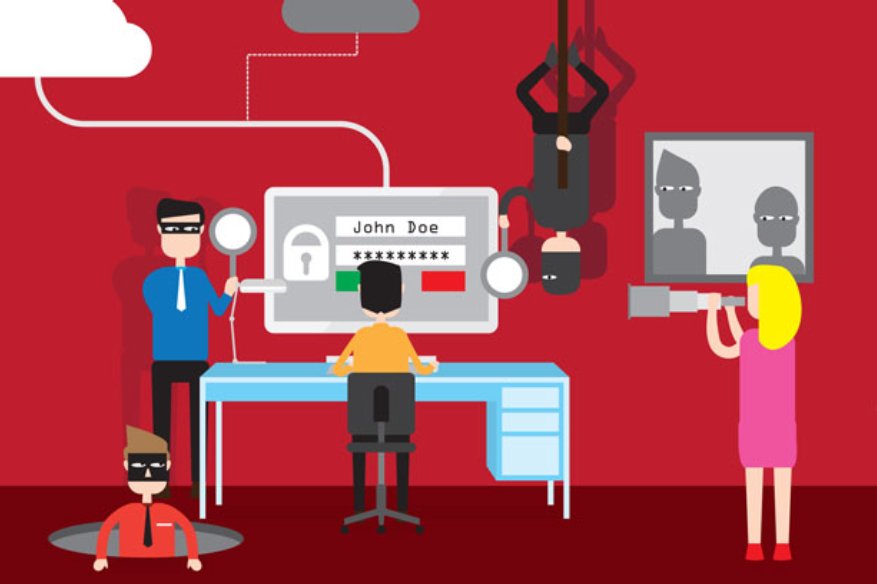Vietnam in the Age of Cybersecurity Risks

When it comes to Cybersecurity news, first world nations almost always take the center stage. When a breach happened in a Silicon Valley-based company, it is a dime-a-dozen for mass media to pick-up the story. Same happens when a small city in an EU-member state had a data breach, the same treatment happens, media firms flood the Internet about horror stories of first world countries.
The reality of a first world nation falling for cyber crimes is no different to what emerging economies experience. In the area of cybersecurity, all countries and companies are equal, unfortunate but true, cybercrime is one of the world’s infamous equalizer. Of all business categories, the SMEs (Small and Medium Enterprises) sector is facing the strongest IT security risks, as the funding for establishing a credible cyberdefense is limited.
In this article, we look at the cybersecurity situation of a Southeast Asian country, Vietnam and how its SME sector defends itself from cybersecurity issues at the backdrop of a huge software piracy industry in the country.
“There is a very true saying that there is no company, or no organization, or no computer not impacted by malware. There’s only organizations, computers, or people not aware the computer is impacted. So all are impacted. It’s just a matter of whether you’re aware or not,” explained Vu Minh Tri, VP for cloud services of VNG, a Vietnamese gaming company.
Tri emphasizes the huge risk, where those that got attacked, never realize early on that the breach happened just under their nose. Vietnam’s major focus of being a member of China’s Belt and Road Initiative is a two-edged sword. It somehow benefits through the protection of China’s massive IT infrastructure from western cyber attacks, but at the same time tolerate Chinese hacker’s cyber attacks against the western nations. The business center of gravity has been slowly but surely moving away from the west, into the east, a fact that can no longer be denied. That means an expectation of getting cyber attacked is larger now than ever.
“In this digital era, Asia Pacific region has become the largest digital market in the world, creating tremendous business opportunities for SMEs. Since more businesses use computers to connect with their customers and store data, cyber-attacks and data leaks can cause serious harm. As we talk about cost and benefit, we know that we have to buy insurance contracts, we know that we have to protect ourselves. But we don’t have enough resources,” emphasized Jason Kao, Director of APEC SME crisis management center.
SME cannot be confident that they will not be targeted, as cybercrimes happen everywhere. Virus authors love to earn a profit, regardless of the profit comes from the first world or the emerging world. Like the rest of the world, Vietnamese-businesses must see cybersecurity spending not as a cost, but an investment. Creating a reputable and credible cyber defense strategy is not easy, and it requires a company to hire dependable IT people as well. All of which and all of them need to be treated as an investment. Any future infrastructure that prevents a security breach is not a cost for a company.